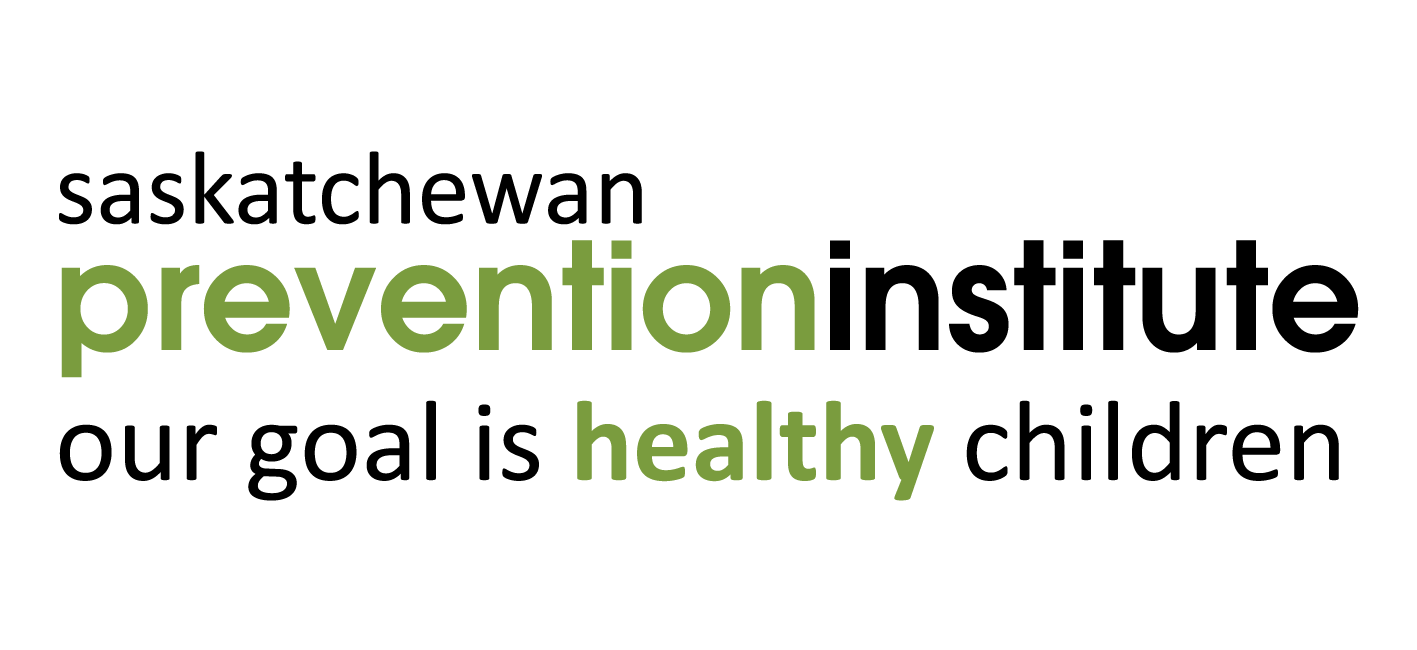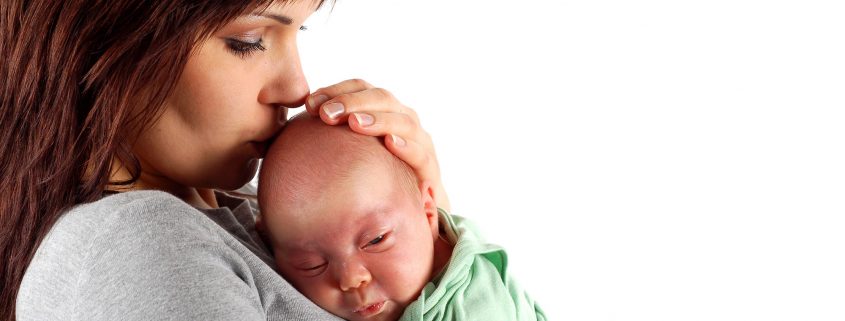
- Display 30 Products per page
-
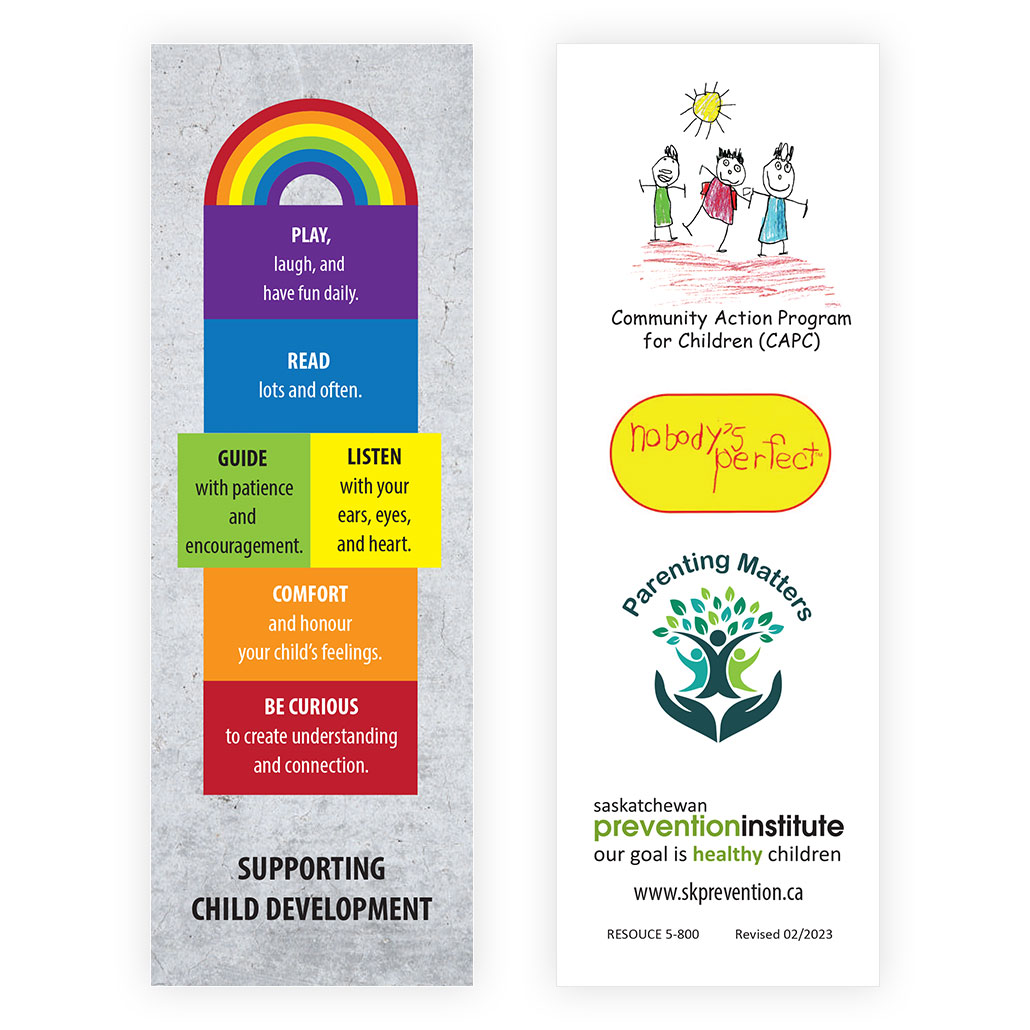
Parenting Matters Bookmark
Bookmark, Revised 2023
This bookmark provides ideas to support child development. Ideal for service providers to give as a take-home keepsake to parents and caregivers.
SKU: 5-800 -
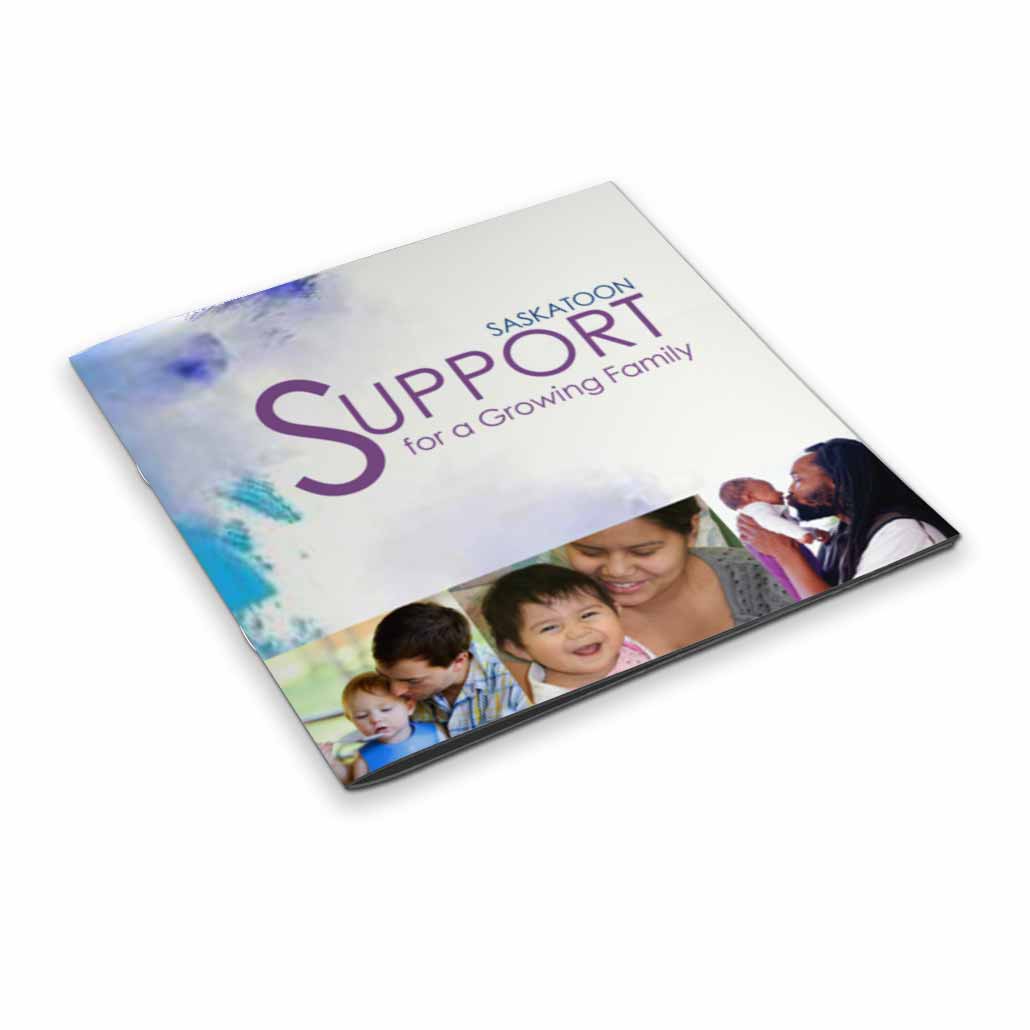
Saskatoon Support for a Growing Family
Booklet, Revised 2022
This booklet is a collection of FREE programs that parents and their children can access in Saskatoon, but it is not a complete list of services in the community.
SKU: 2-900 -
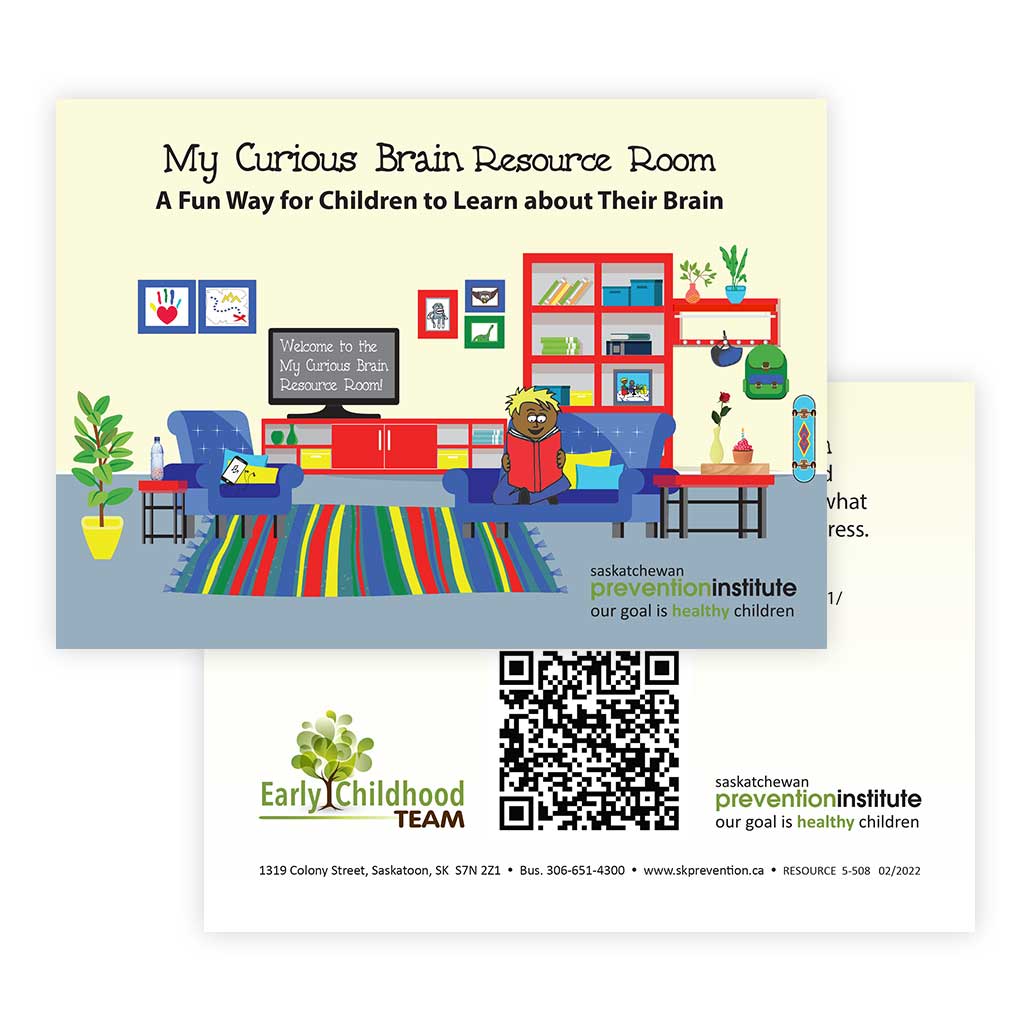
My Curious Brain Info Card
Information Card, 2022
The My Curious Brain Resource Room is an interactive virtual tool to help children and adults learn what happens in the brain and body when stress is experienced. This postcard provides the QR code and link to access the resource.
SKU: 5-508 -
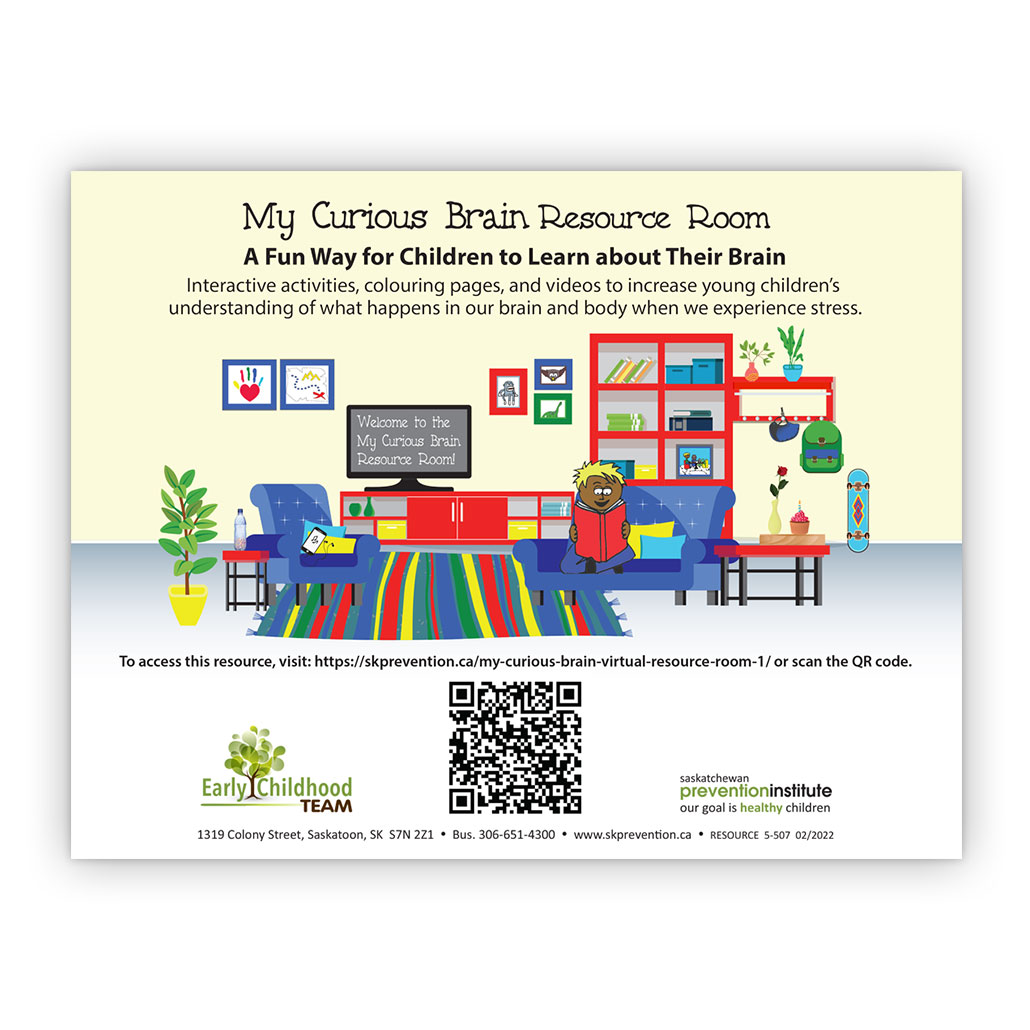
My Curious Brain Poster
Poster, 2022
The My Curious Brain Resource Room is an interactive virtual tool to help children and adults learn what happens in the brain and body when stress is experienced. This poster provides the QR code and link to access the resource.
SKU: 5-507 -
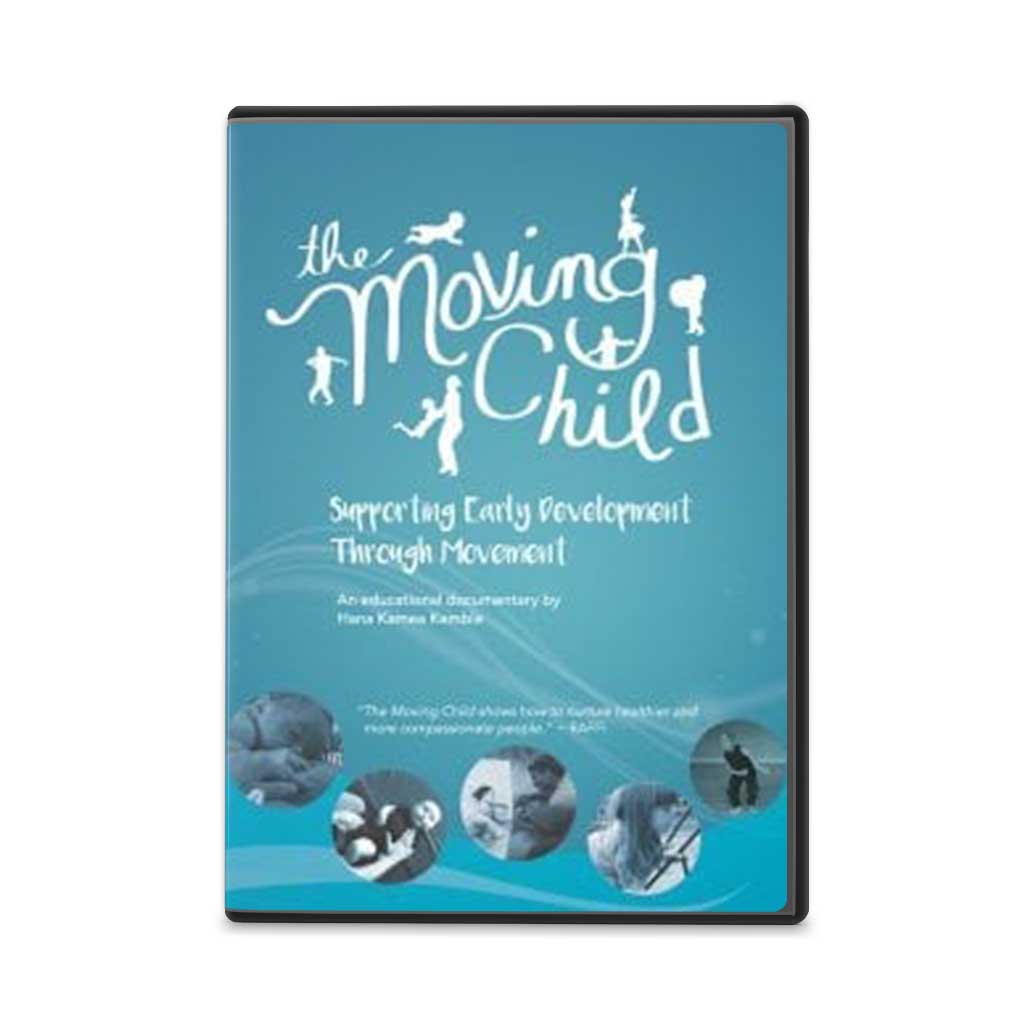
The Moving Child
Video, 2016
This video draws from diverse expertise in Child Development and Movement, featuring experts in Dance/Movement Education, Physical and Occupational Therapy, and Body-Mind Centering. The video explores dynamic movement’s important role in child’s physical, mental, emotional, and social health and shows how awareness of movement from the get-go can support healthy family bonding and positively share how a child grows. The video also shares practical ideas for supporting and engaging movement with children.
SKU: 5-V-542 -
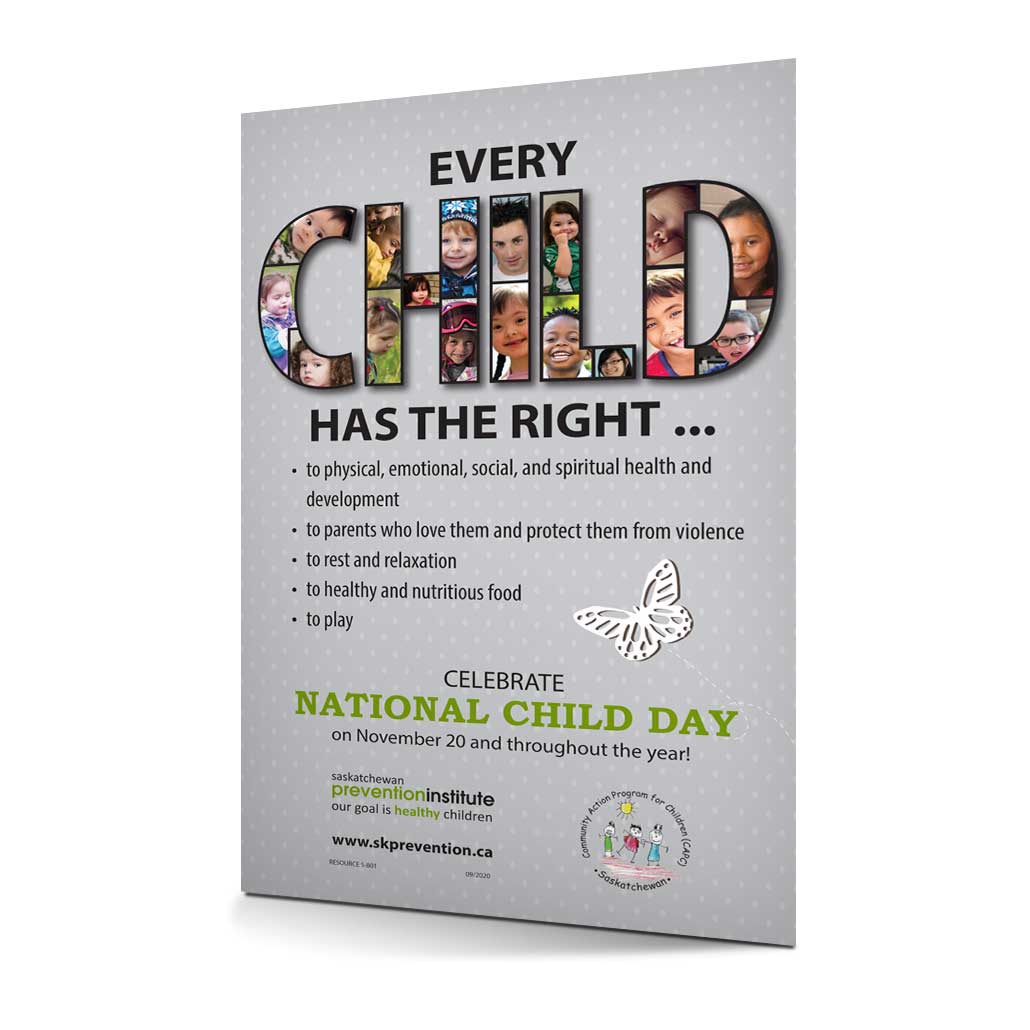
National Child Day Poster
Poster, 2020
This poster was developed by the Community Action Program for Children (CAPC) project to raise awareness on the United Nations Convention on the Rights of the Child (1989) and to celebrate National Child’s Day on November 20 of each year. The poster highlights children’s rights: right to education, right to play, right to healthy food, right to parents who love them and protect them from harm, right to health, and right to rest and relaxation.
By ratifying the United Nations Convention on the Rights of the Child in 1991, Canada made a commitment to ensure that children’s rights are upheld. Help us celebrate National Child’s Day on November 20 and everyday throughout the year!
SKU: 5-801 -
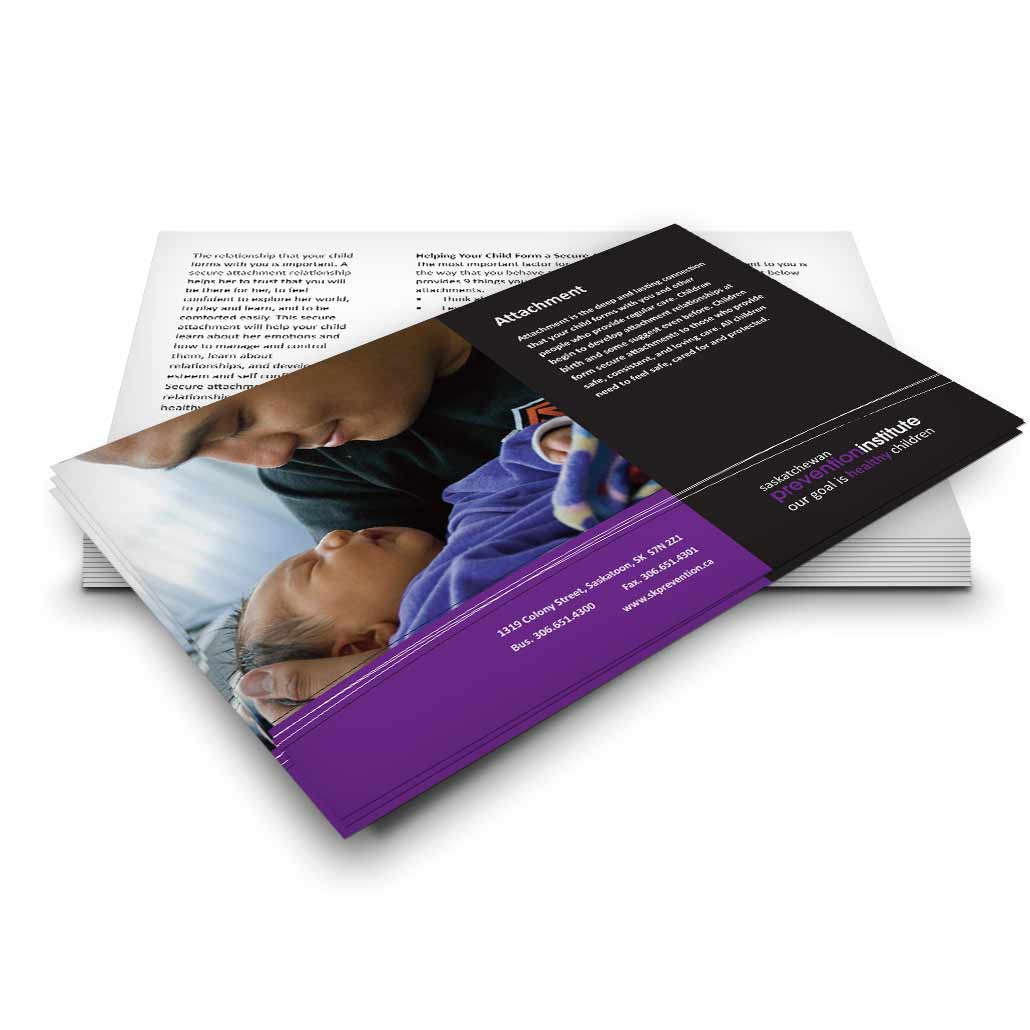
Attachment
Information Card, Revised 2020
Written in plain language, this information card provides basic information about attachment … the connection that a baby forms with his caregivers that helps him to feel loved, secure, and safe.
SKU: 8-801 -
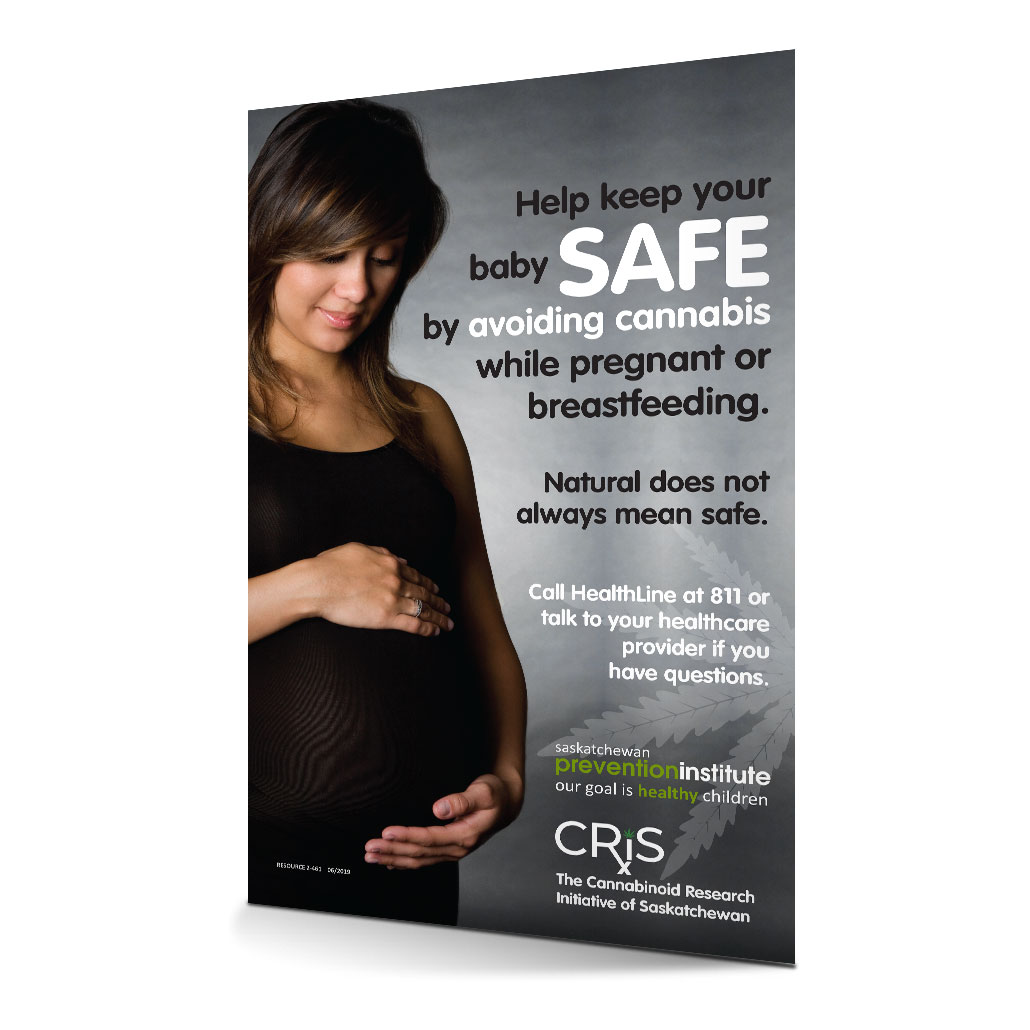
Cannabis and Pregnancy Poster
Poster, 2019
Cannabis can be harmful. This poster highlights that cannabis can harm developing fetuses during pregnancy, and infants through breastfeeding. This poster was created in partnership with the Cannabinoid Research Institute of Saskatchewan.
SKU: 2-461 -
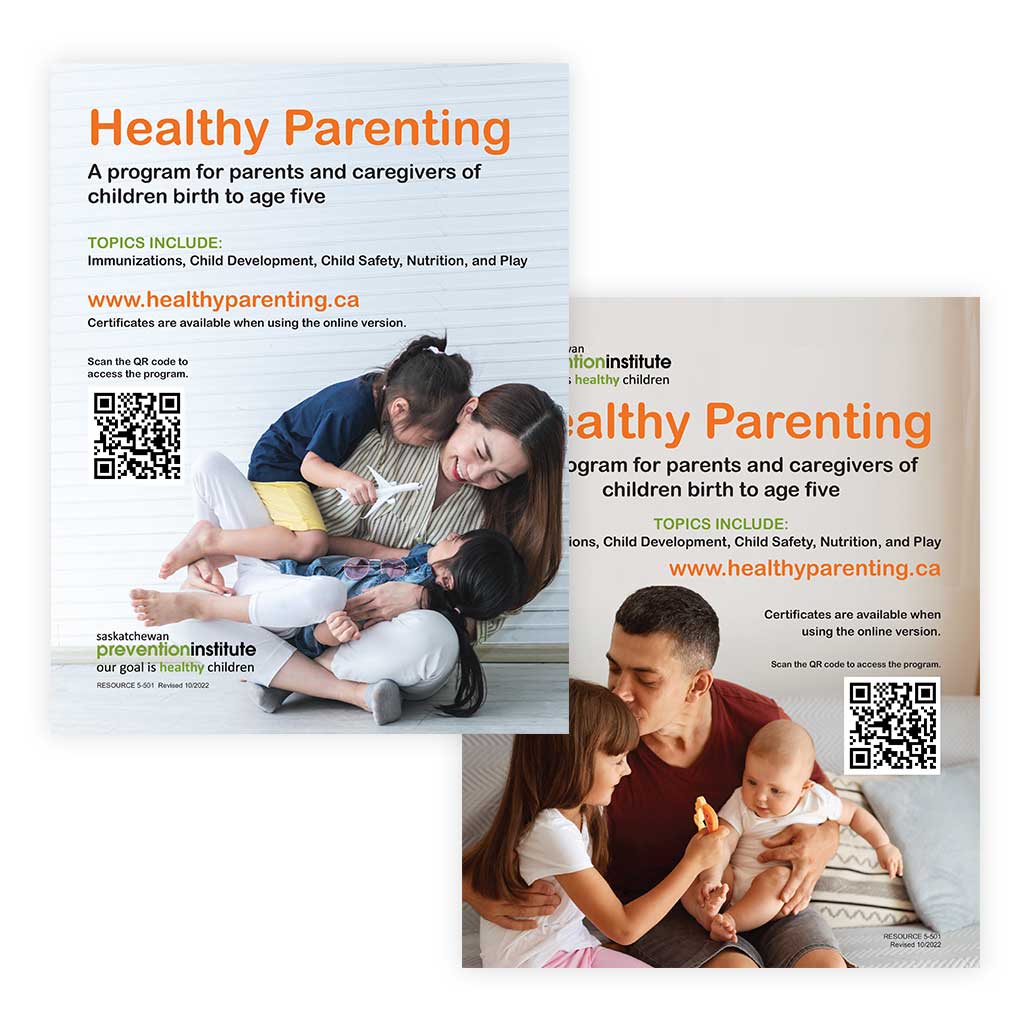
Healthy Parenting Poster
Poster, Revised 2023
These posters advertise the Healthy Parenting resource. The Healthy Parenting online resource is a literacy-friendly, interactive, web-based resource that covers topics relevant to parents of children under 6 years old, e.g., eating healthy, safety, child care, and child development. This resource can be accessed using a computer, tablet, or cell phone.
SKU: 5-501 -
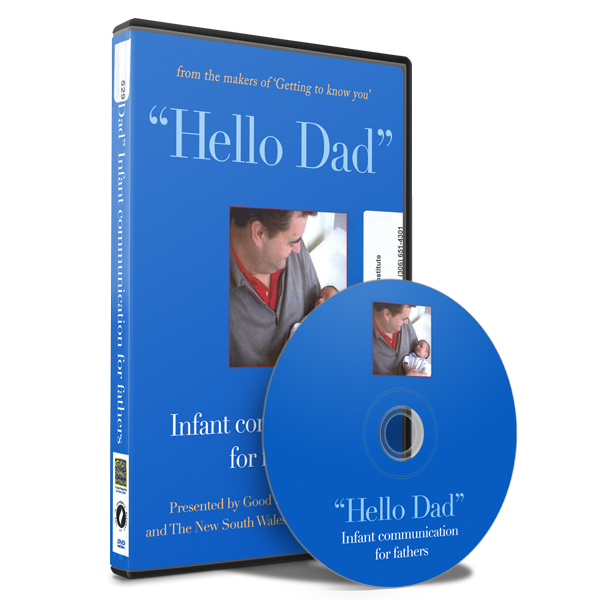
Hello Dad
Video, 2006
Sometimes, despite the amazing emotions of fatherhood, men can feel like little more than bystanders. However, babies know their fathers too, and from the moment of birth, they are eager to interact with them. Dads, as well as moms, are crucial in helping their babies build relationships. Science tells us these relationships are critical for the healthy development of babies’ brains. By following a group of families, this film teaches how to recognize the earliest signs of infant communication. These early interactions enrich your time as a father and give your baby the best possible start in life.
SKU: 5-V-529 -
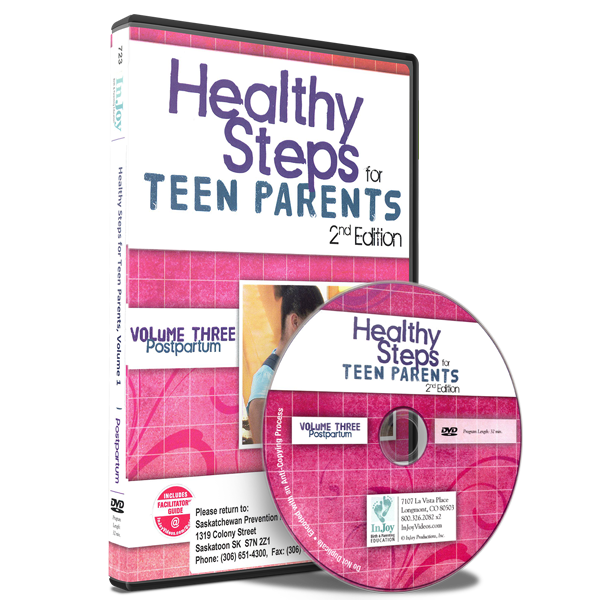
Healthy Steps for Teen Parents, 2nd Edition, Volume 3: Postpartum
Video, 2010
This video presents information about postpartum care, newborns, and an array of teen parenting challenges and joys. New teen parents candidly share personal stories about the realities of healing physically after birth, breastfeeding, and choosing child care.
Content includes:
- Physical Recovery & Postpartum Emotions – healing process, signs of infection, nutrition, rest, exercise, baby blues, signs of postpartum depression
- Baby Care & Behaviours – well-baby visits, feeding, sleeping, crying, bathing, diapering, when to call the doctor, SIDS, second-hand smoke, abusive head trauma (shaken baby syndrome), newborn senses
- Relationships & Parenting – establishing paternity, co-parenting, birth control, positive relationships, living situations, friend and family support, finishing school, child care options
SKU: 7-V-723 -
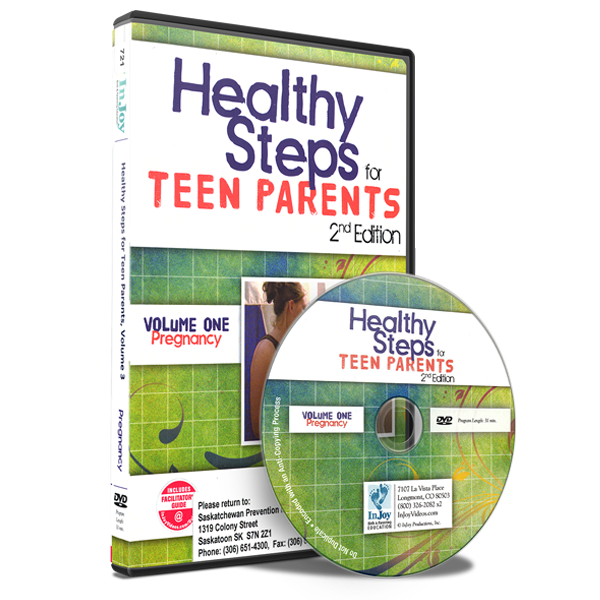
Healthy Steps for Teen Parents, 2nd Edition, Volume 1: Pregnancy
Video, 2010
Hosted by an empathetic and positive young woman, viewers get the straight story as they follow six teens who share their personal pregnancy experiences. Watch how teens cope with their changing life and take the necessary steps to ensure a healthy pregnancy, birth, and baby.
Content includes:
- Prenatal Care & Nutrition – telling someone you’re pregnant, prenatal visits, nutrition, weight gain, warning signs
- Protecting Your Baby – avoiding harmful substances
- Physical & Emotional Changes – exercise, dental health, sleep, premature labour signs, emotional changes, relationship abuse
- Getting Support – friends and family, staying in school, alternative education options
SKU: 7-V-721 -
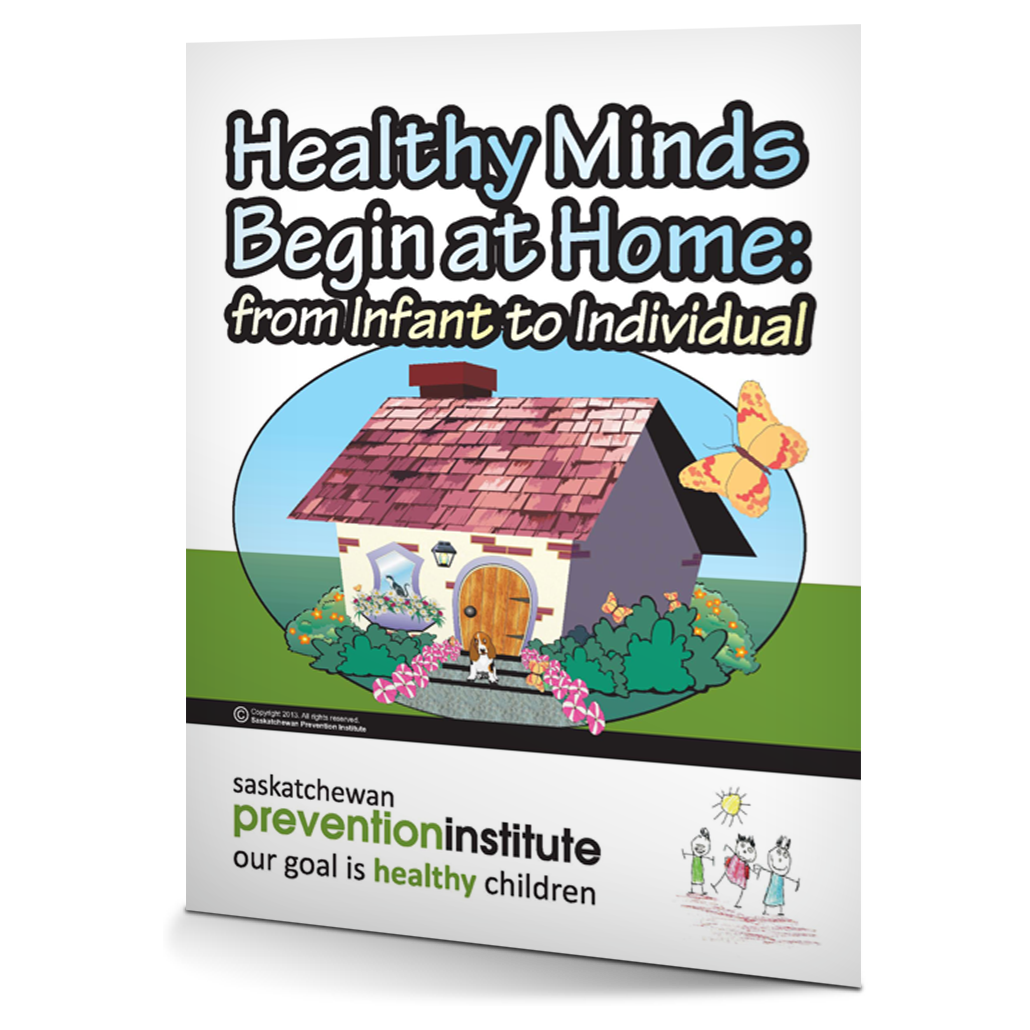
Healthy Minds Begin at Home: From Infant to Individual
Guide and Manual, 2014
This guide was developed for use with the “Healthy Minds Begin at Home: from Infant to Individual” toolkit. It is designed to help service providers begin or continue to work in the area of early childhood mental health. Included in the guide is information on early childhood mental health topics, suggested activities that professionals or caregivers can do with children, tip sheets for caregivers, and a list of resources. The “Healthy Minds Begin at Home: from Infant to Individual” toolkit was developed for Community Action Program for Children projects.
SKU: 5-812 -
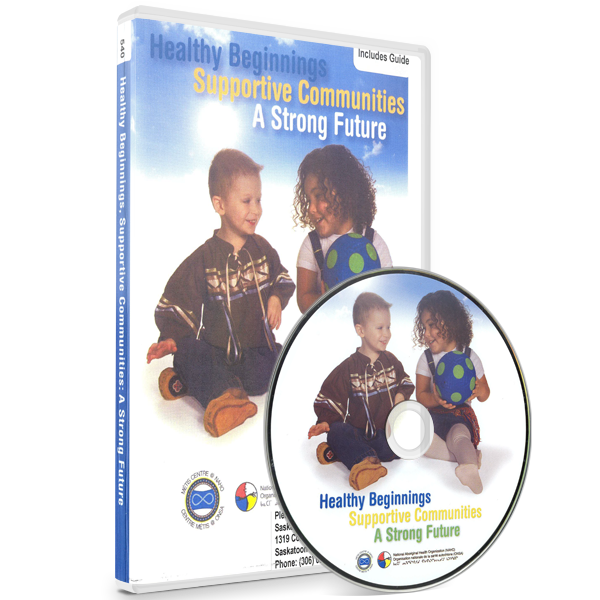
Healthy Beginnings, Supportive Communities, a Strong Future
Video, 2010
In 2009, the Métis Centre of the National Aboriginal Health Organization (NAHO) met with Métis in different parts of Canada to share and collect stories, teachings, and information on maternal-child well-being. This DVD is the result of learnings from Métis midwives, health professionals, Elders, and parents. The objective of this project was to collect and share experiences, traditions, and health information for the benefit of Métis families.
SKU: 5-V-540 -
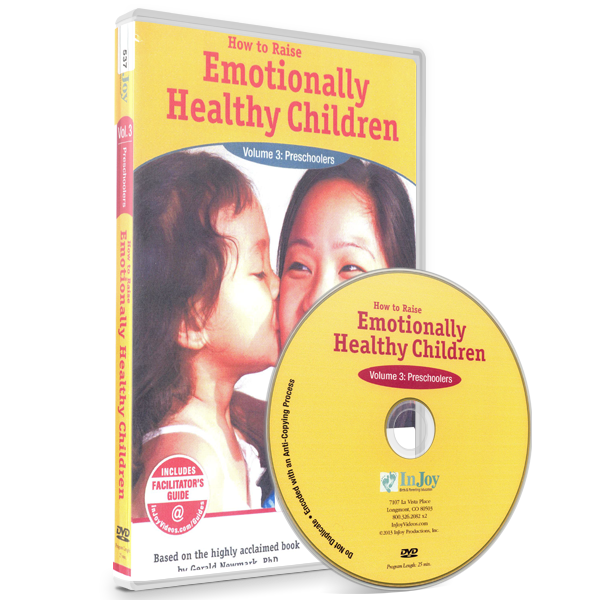
How to Raise Emotionally Healthy Children: Volume 3 – Preschoolers
Video, 2013
Volume 3 of this 3-volume set teaches parents how to support their preschooler’s social and cognitive growth. Featuring common challenges, this program shows parents how to modify their interactions to meet their child’s critical emotional needs: to feel respected, important, accepted, included, and secure. Shows real-life scenarios. Includes tips on improving parents’ emotional health. Segments include: The Five Critical Emotional Needs of Preschoolers, Fighting Siblings, Getting Attention, and Power Struggles.
SKU: 5-V-537 -
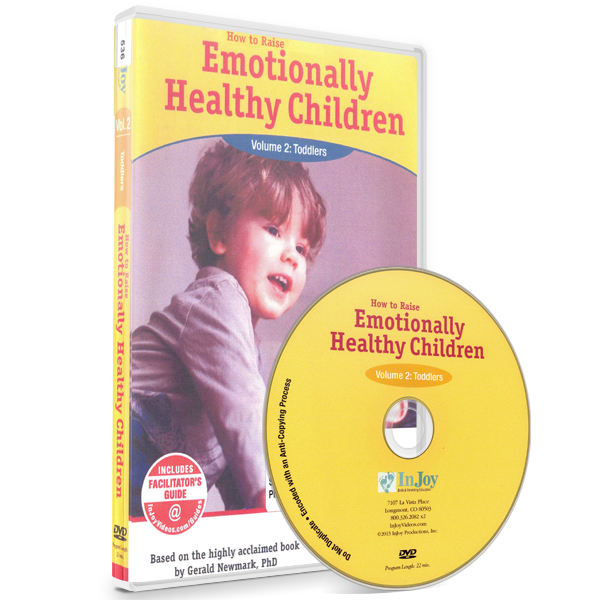
How to Raise Emotionally Healthy Children: Volume 2 – Toddlers
Video, 2013
Volume 2 of this 3-volume set teaches parents how to support their toddler’s desire for independence. Featuring common challenges, this program shows parents how to modify their interactions to meet their child’s critical emotional needs: to feel respected, important, accepted, included, and secure. Shows real-life scenarios. Includes tips on improving parents’ emotional health. Segments include: The Five Critical Emotional Needs of Toddlers, No! I Won’t!, Parenting in Public, and Defiant Behaviour.
SKU: 5-V-536 -
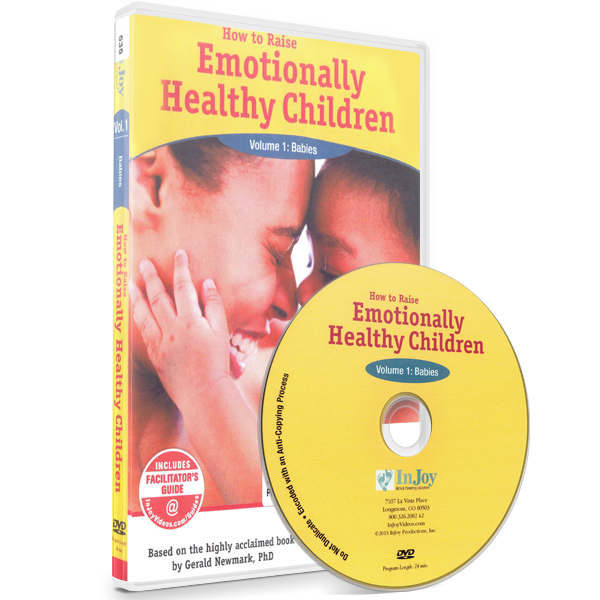
How to Raise Emotionally Healthy Children: Volume 1 – Babies
Video, 2013
Volume 1 of this 3-volume set teaches parents how to nourish their baby’s emotional health right from the start. Featuring common challenges, this program shows parents how to modify their interactions to meet their child’s critical emotional needs: to feel respected, important, accepted, included, and secure. Shows real-life scenarios. Includes tips on improving parents’ emotional health. Segments include: The Five Critical Emotional Needs of Babies, Crying, A New Babysitter, and Exploration.
SKU: 5-V-535 -
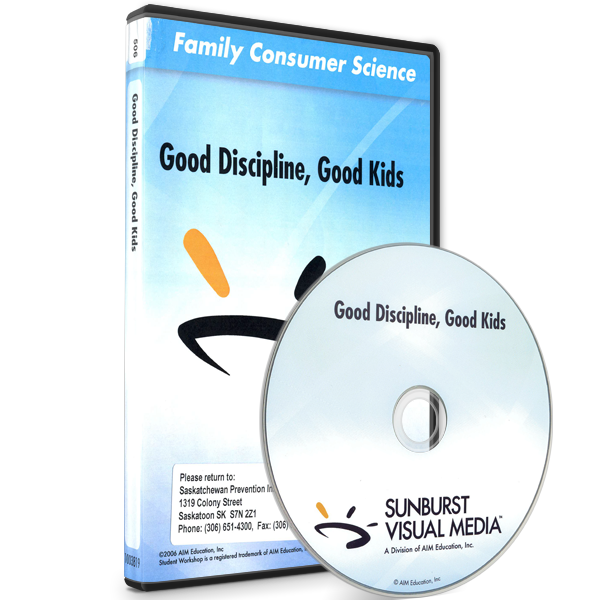
Good Discipline, Good Kids (Parent and Child Series)
Video, 1998
This is one of a three-part series entitled “Parent and Child” produced by Sunburst Videos. Adele Faber and Elaine Mazlish, authors of “How To Talk So Kids Will Listen & Listen So Kids Will Talk” discuss parenting issues. This video helps parents understand the basic element of healthy discipline – respectful communication. It helps parents get past the daily power struggle with their children by showing them how to engage cooperation; effectively set rules, expectations, and limits; problem-solve; and use effective alternatives to punishment.
SKU: 5-V-506 -
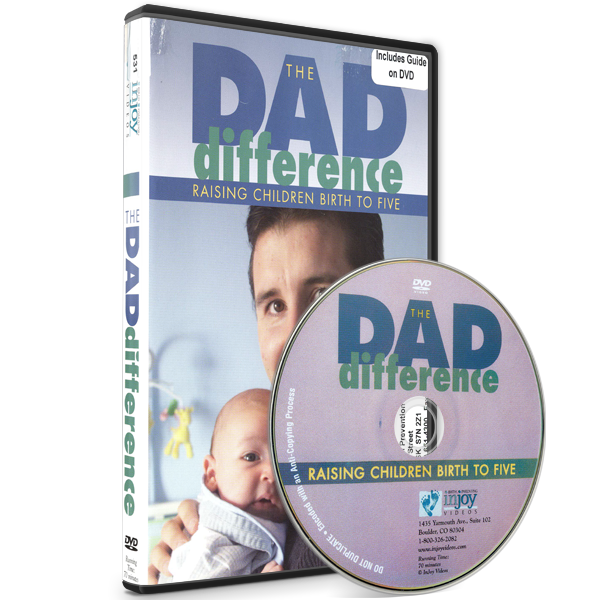
The Dad Difference: Raising Children Birth to Five
Video, 2004
This video is a research-based series that shows dads how to be involved with their babies from pregnancy on. This video features a diverse group of real fathers, candid comments, and practical tips to encourage every dad to become more connected. This video comes with a Facilitator’s Guide.
Download the The Dad Difference Facilitator’s Guide.SKU: 5-V-531 -
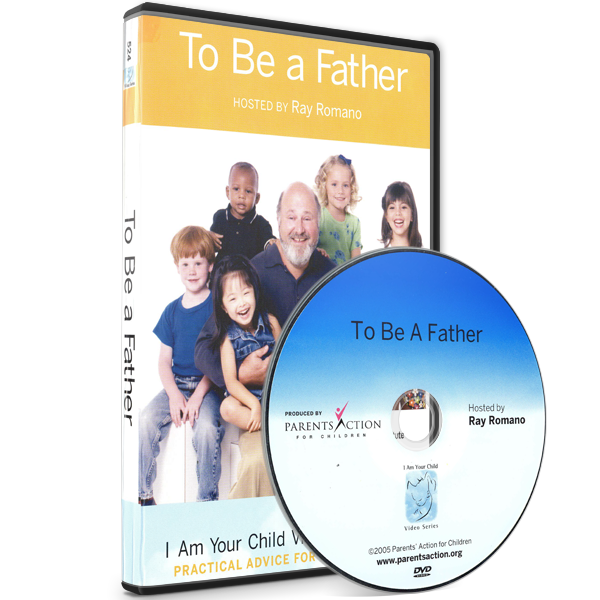
To Be a Father (I Am Your Child Video Series)
Video, 2005
New research has shown that fathers can have an enormous impact on children – from how well they succeed in school, to how they get along with their friends.
This generation of dads is responding to the challenge, by taking a more active role in everything from changing diapers to helping with homework … and it’s paying off, as you’ll hear from men who talk about the rewards of being close to their kids.
This video provides information on:
- How fathering begins even before the baby is born
- How dads can connect with their children right from the start
- What fathers can do to foster a close relationship with their children – even when they live miles apart
- How fathers can overcome the challenges of parenting under special circumstances, like separation and divorce
SKU: 5-V-524 -
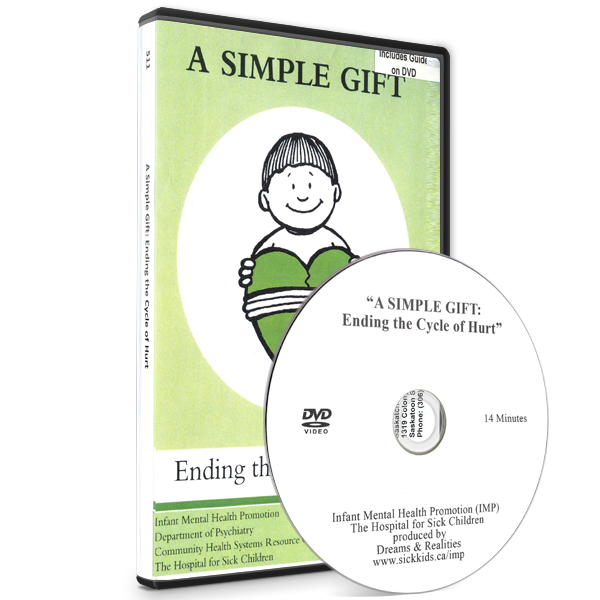
A Simple Gift: Ending the Cycle of Hurt
Video, 2000
Certain caregiver behaviours can be frightening to a young child and may contribute to disorganized attachment. As a result, serious emotional and behavioural problems can develop. This video is designed to help parents recognize and prevent interactions with their children that may be harmful. Simple examples of harmful caregiving behaviours are demonstrated with explanations of why they might frighten children. As well, more positive ways to interact with children are suggested. The information is presented in clear language and is suitable for parents from many cultures.
SKU: 5-V-511 -
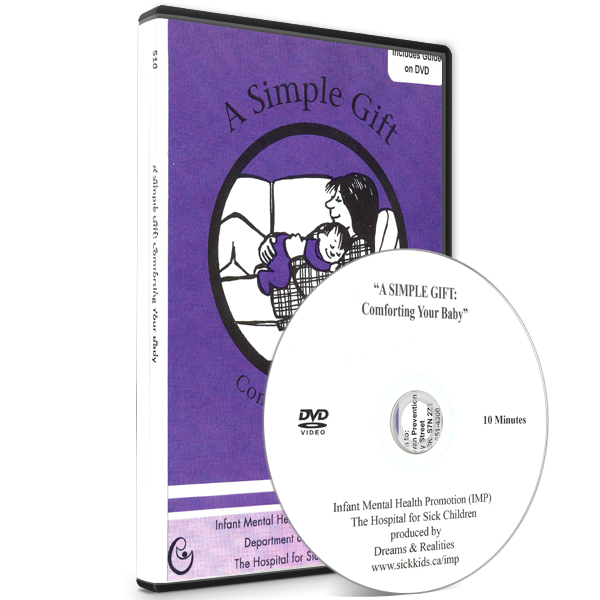
A Simple Gift: Comforting Your Baby
Video, 2000
This video addresses the development and importance of an infant’s attachment relationship with parents in the first year of life. It uses the ideas of attachment theory and research to help focus on different ways parents or other caregivers may respond to infants’ cries. It also shows how infants are likely to interpret the responses of caregivers. The information is presented in clear language and is suitable for parents from many cultures.
SKU: 5-V-510 -
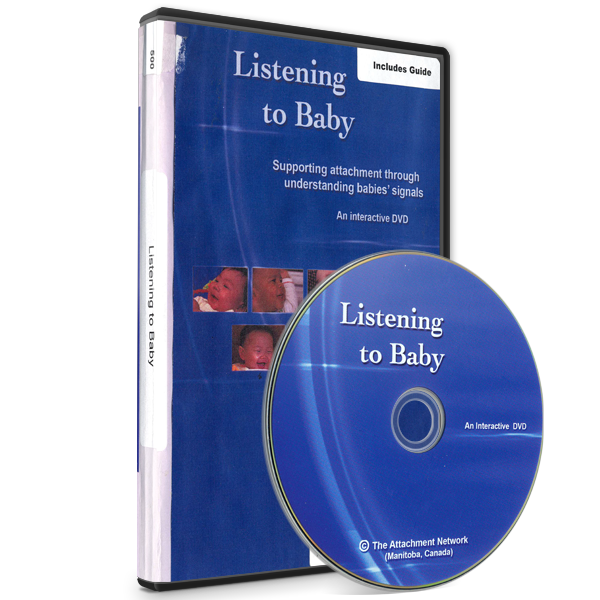
Listening to Baby
Video, 2007
Listening to Baby is an interactive DVD about the importance of supporting attachment by noticing, understanding, and responding with sensitivity to babies’ cues. This DVD is a rich and multifaceted teaching tool developed primarily for a parent audience but with potential to be used in education and other settings. Messages are told mostly in the voices of parents and illustrated by beautiful images of their babies, from 2 weeks to 16 months of age.
SKU: 5-V-500 -
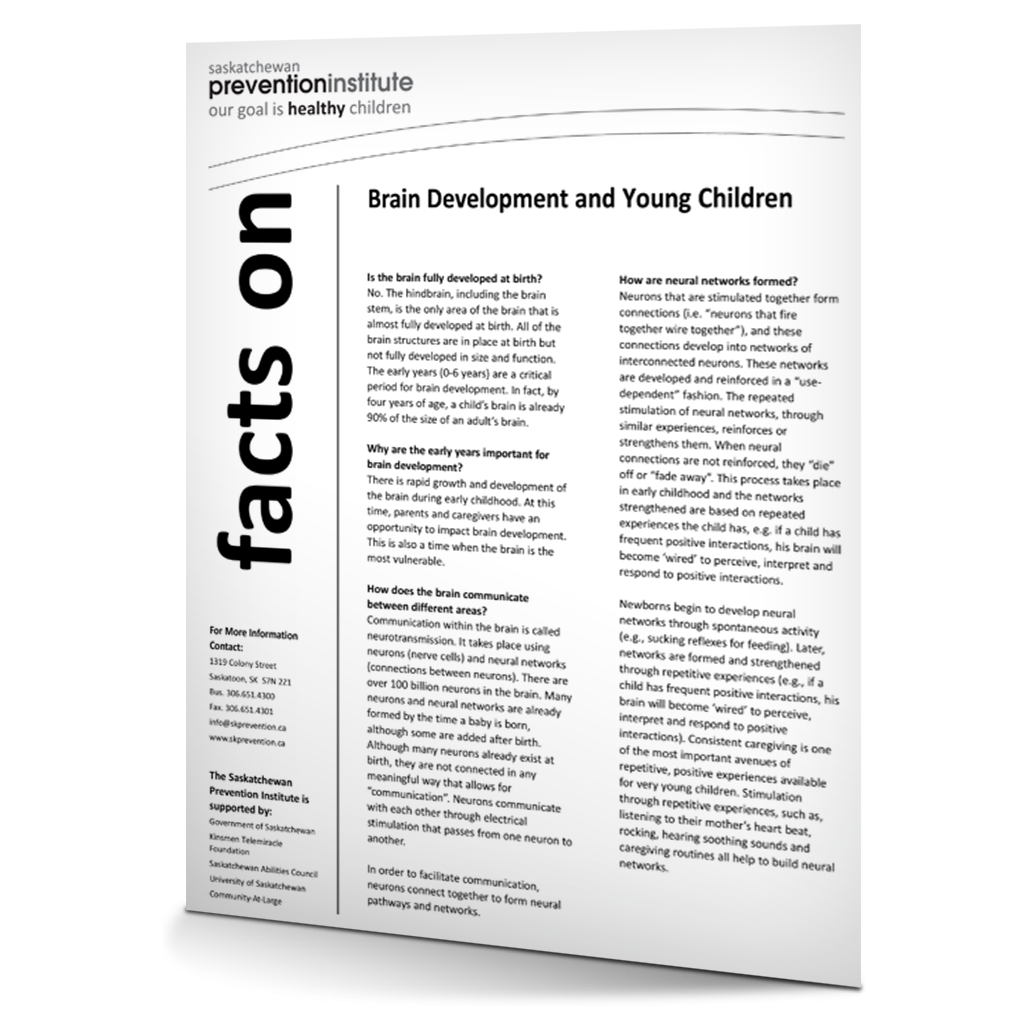
Brain Development and Young Children
Fact Sheet, 2010
This fact sheet provides an overview of early childhood brain development and stresses the influences that experience and the environment have on optimal development. Early childhood is a time when there is rapid growth and development of the brain. At this time, parents and caregivers have an opportunity to impact brain development. This is also a time when the brain is the most vulnerable.
SKU: 8-702 -
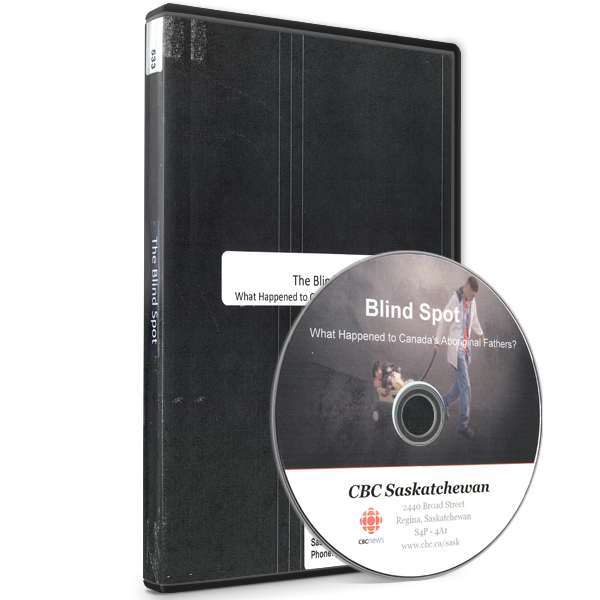
The Blind Spot
Video, 2012
The Blind Spot is a one-hour television documentary filmed in North Central Regina by Geoff Leo of CBC Saskatchewan. The documentary sheds light on the largely unknown and unstudied issue of fatherlessness in Aboriginal communities. It follows three First Nations men as they face their own personal demons on their quest to become better fathers – even if the odds are against them.
SKU: 5-V-533 -
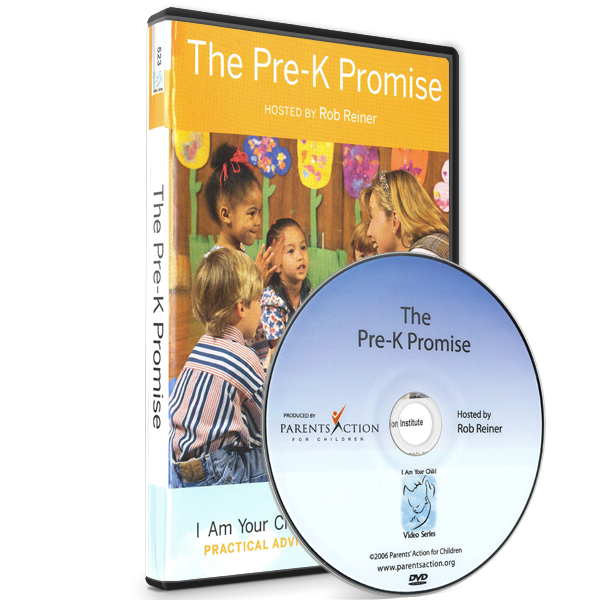
The Pre-k Promise (I Am Your Child Video Series)
Video, 2006
Quality preschool programs for 3 and 4 year olds can provide a sure route to success in school and beyond. Finding a high quality program at an affordable price can be challenging.
This video, featuring well-known experts on early care and education, provides guidance to help parents understand:
- How preschool programs can benefit young children
- What a quality preschool program looks like
- What questions to ask when evaluating a preschool
- How to help make quality, affordable preschool programs more widely available
SKU: 5-V-523 -
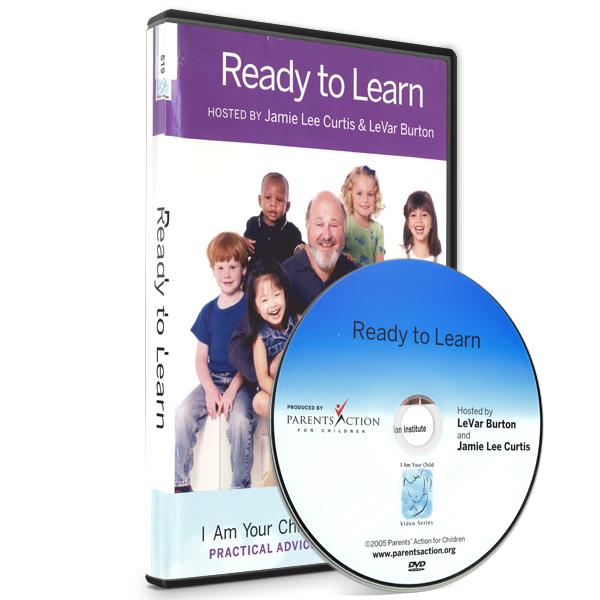
Ready to Learn (I Am Your Child Video Series)
Video, 2005
When you hold a baby lovingly and talk, sing, or read to her, the emotional closeness and language experiences you provide are an important part of preparing her to learn when she is old enough for school. There are many things parents and caregivers can do to help build a child’s literacy skills from the time she is born. This video provides helpful information about:
- The importance of communicating with your newborn
- Establishing reading routines
- Materials that prepare your child for reading and writing
- Activities to spark your child’s interest in learning
- The importance of quality child care
- Incorporating literacy into everyday activities
SKU: 5-V-519 -
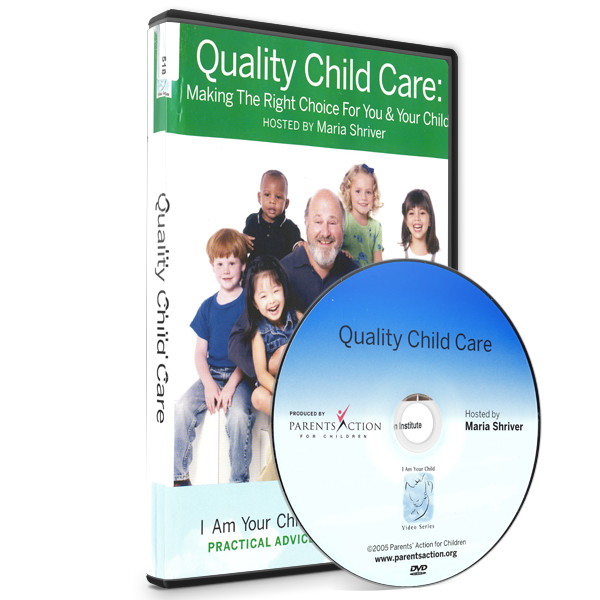
Quality Child Care – Making the Right Choices for You and Your Child (I Am Your Child Video Series)
Video, 2005
Finding the right child care is often challenging – but is one of the most important decisions a parent will ever make.
Children’s intellectual and emotional development is strongly influenced by the quality of care that they receive in the first few years of their lives.
This means that the right kind of child care can be a wonderful opportunity to enrich children’s lives and help them realize their full potential.
This video includes information on:
- Why quality child care is important for your child’s healthy development
- What you should look for when choosing child care
- Questions to ask a potential caregiver
- Questions to ask yourself when looking at a child care setting
- Important information to communicate to your caregiver
SKU: 5-V-518 -
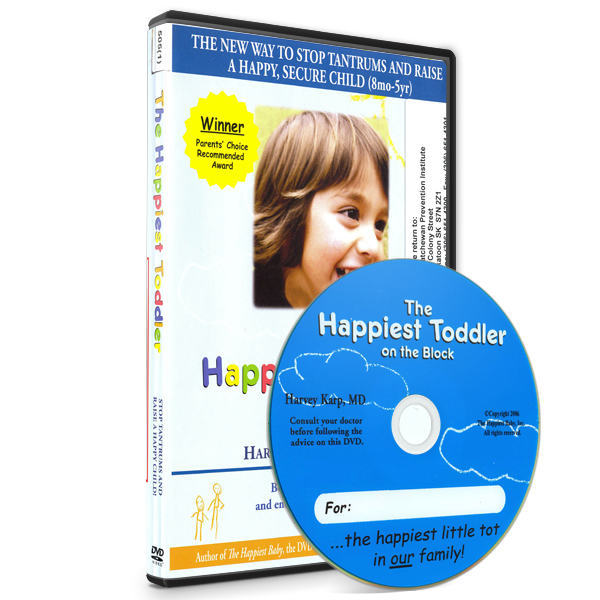
The Happiest Toddler on the Block
Video, 2004
In this video, Dr. Karp teaches parents and caregivers how to calm toddler meltdowns, stop tantrums before they happen, and build a loving and respectful relationship with their child.
SKU: 5-V-505 -
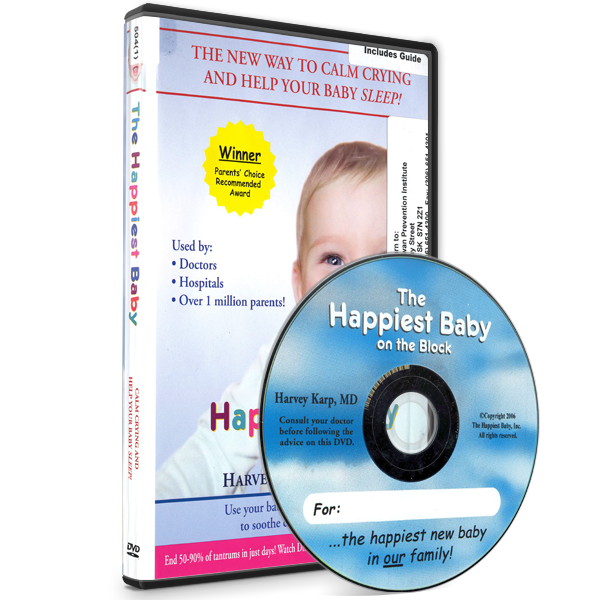
The Happiest Baby on the Block
Video, 2002
In this video, Dr. Karp teaches parents and caregivers how to calm and soothe a crying baby by using the “5 S’s”. The “Happiest Baby on the Block” is a positive parenting video and can also be used for the prevention of Shaken Baby Syndrome by teaching how to appropriately deal with infant crying.
SKU: 5-V-504
